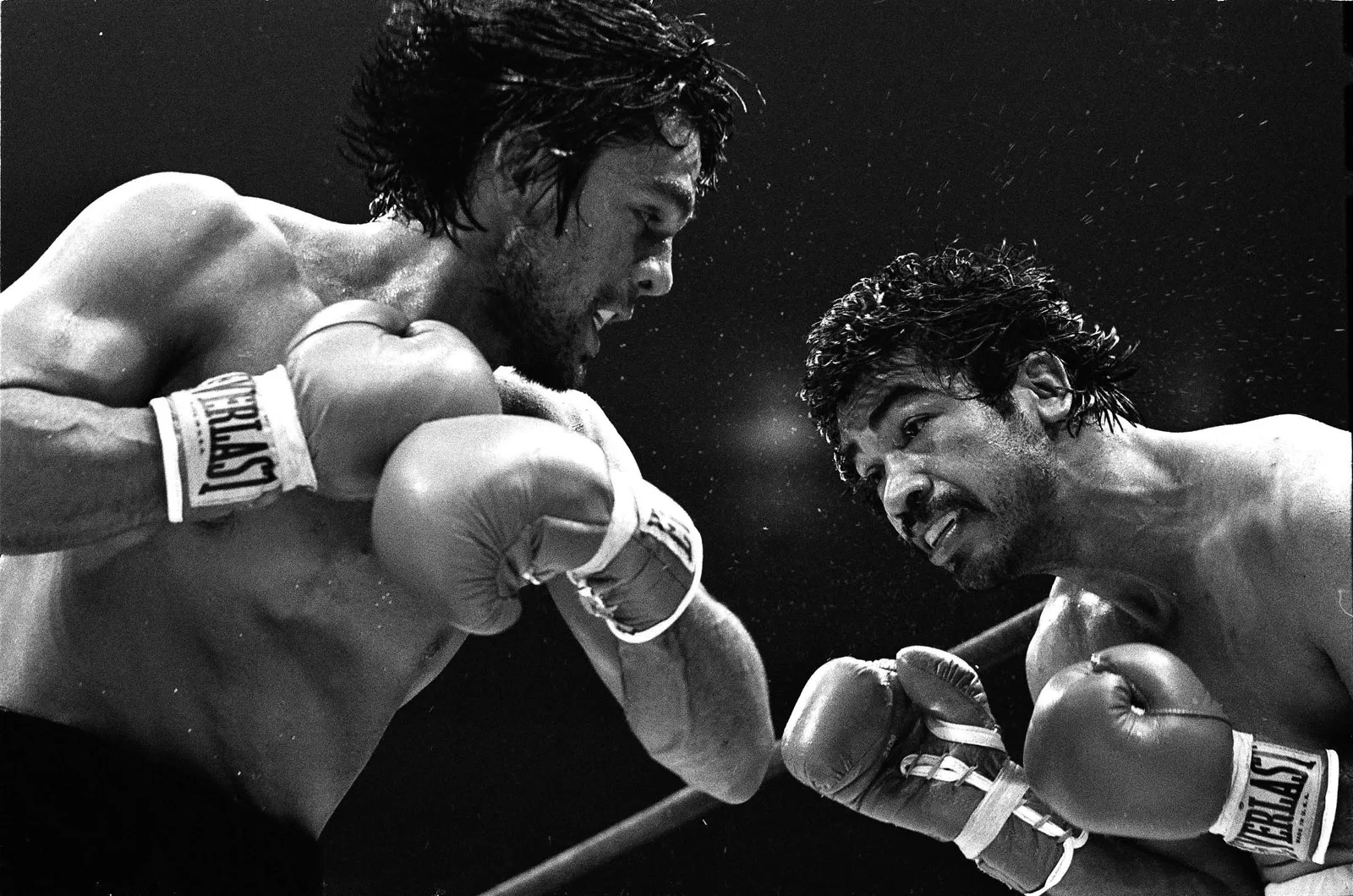When reading the chapter on the gender and class dynamics of golf in Mexico, I was taken aback by the hypocrisy of some of the interviewees. For example, Laura, a fixture of the golf club and one of its most talented players, elaborated on the common attitudes of the male golfers whom frequently ignored women on the playing field. She also derided the male audience members of the women’s golf tournaments who talked on their cell phones without a care in the world. In the same interview however, she also discussed the potential expansion of the sport in Mexico yet complained of it being blocked by the Indigenous community in Mexico city who refused to permit the construction of a golf course on their communal land. Commenting on this development, Laura stated, “I don’t know why these people (Indigenous) are so afraid of golf, it would be a good source of employment for them”, a comment that I felt was completely obtuse and illustrated the lack of connecting disparities faced by others. While she spoke on her own real, negative experiences of being treated as unequal and the disparaging attitudes of her male colleagues, she does not connect this form of unequal treatment to the dire conditions of the Indigenous population who struggle for autonomy and for making a living. This class disparity is further highlighted by the language differences between the golfers who come from a wealthy background and the workers who are usually working class. For example, it is common for the golfers to address workers by their first name with no honorific sometimes, other times, the golfers may use the word “usted” as an honorific form of “you”. However, the workers commonly address their golfer clientele as “Señor” or “Señora”, a title equivalent to “Sir” in English. While it may seem small, these language differences show a barrier in how a person of a certain status is supposed to be regarded as. Another example is the word “naco”, defined as an implied lack of commonality between persons, it was used in the chapter by the golfers to describe Esteban, a former caddy who eventually became a seasoned golfer. Despite his accomplishments and remarkable upward mobility, he was still referred to as “naco” in conversations about him as despite being a golfer, he will always be a working-class caddy in the eyes of the wealthy players on the field.
